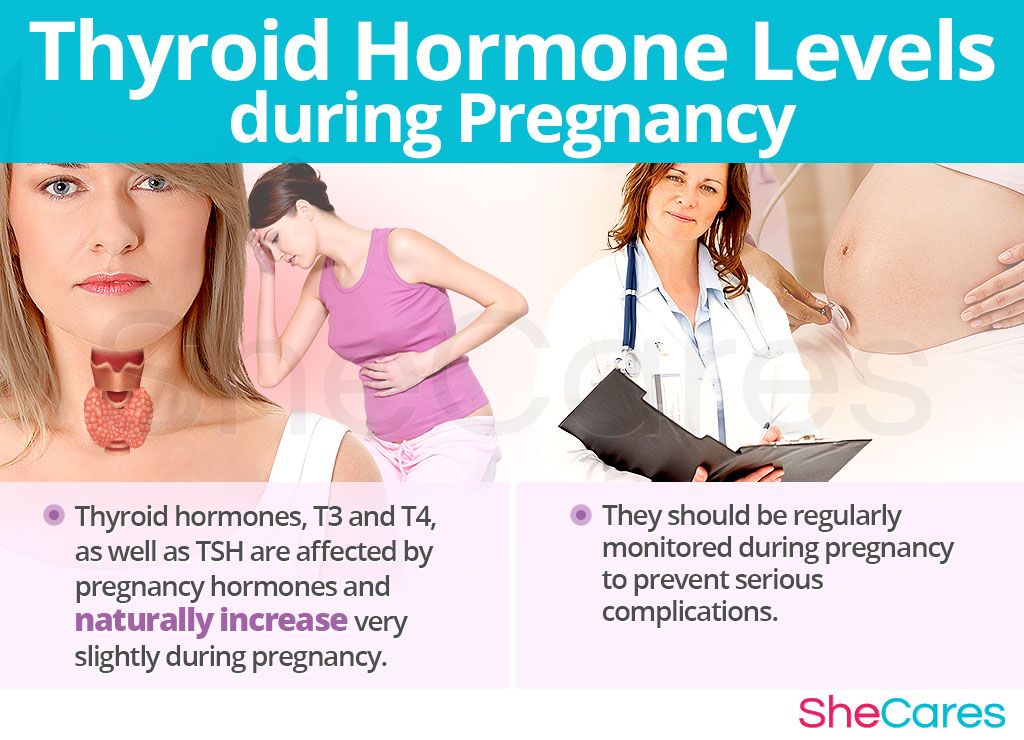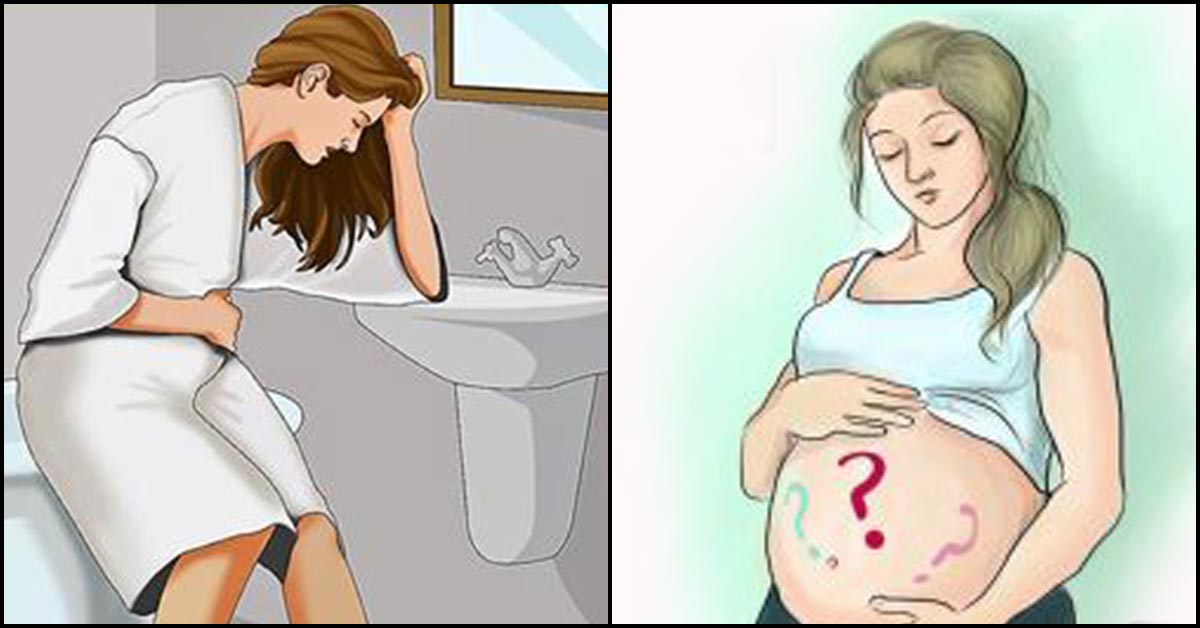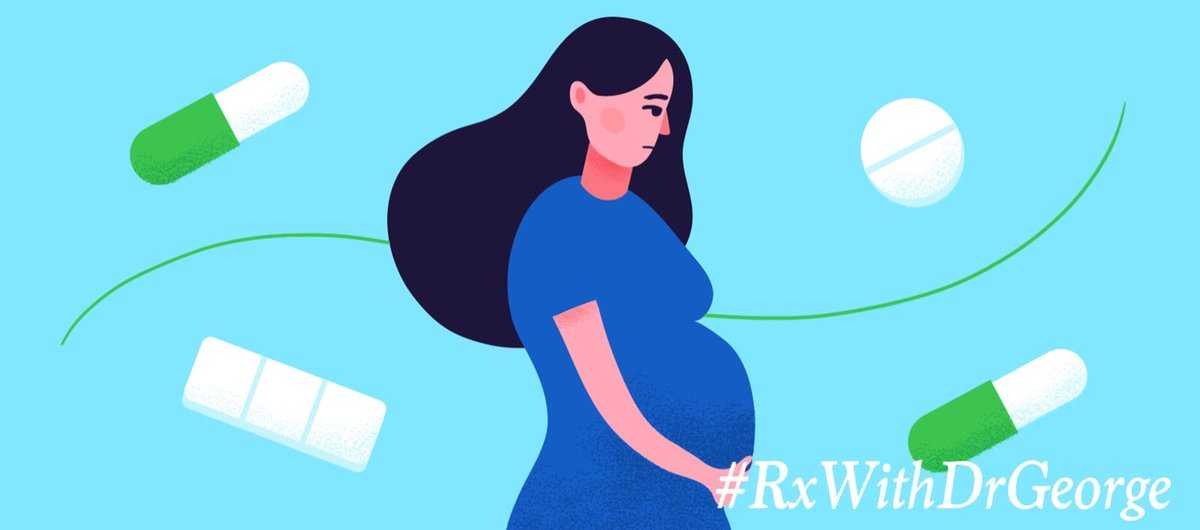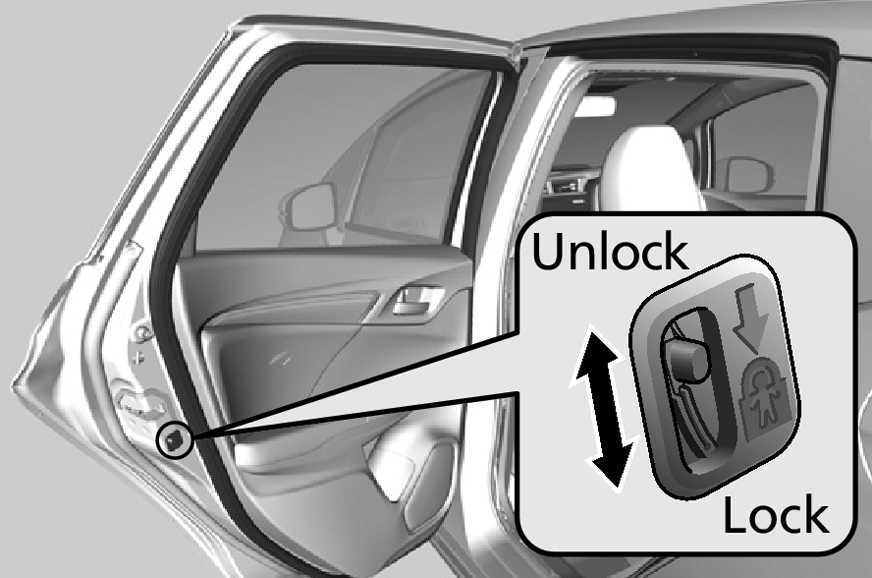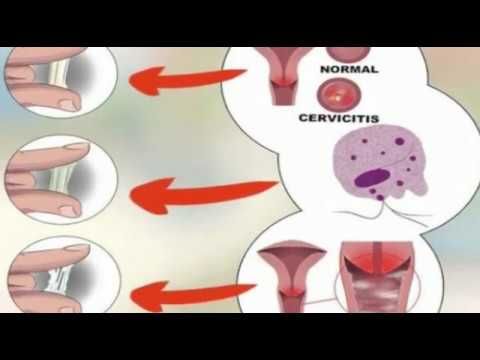Things to know early pregnancy
Dos and don'ts for a safer pregnancy
Things to do during pregnancy
Take folic acid and vitamin D supplements
Folic acid significantly reduces your baby’s risk of neural tube defects, such as spina bifida.
If you are pregnant, start taking 400 micrograms of folic acid as a supplement as soon as possible until the end of the first trimester (week 12 of your pregnancy).
Some people may need a higher dose of folic acid, for example if you have diabetes or epilepsy. This is only available on prescription. Find out more about folic acid.
You are also recommended to take a Vitamin D supplement during pregnancy and during breastfeeding. This helps your baby develop healthy bones, teeth and muscles.
These 2 supplements are the only ones you need in pregnancy, alongside a healthy, balanced diet.
Find out more about pregnancy supplements.
Eat well
Having a balanced diet and eating well during pregnancy means having a good variety of foods, such as fruit and vegetable, meat, cheese, potatoes, beans and pulses. This will ensure you have the energy and nutrients you and your baby need during pregnancy.
If you feel you are struggling to follow a healthy diet during pregnancy, ask your midwife or GP for support. They might be able to refer you to a dietitian to help you.
Read all about how to eat well in pregnancy.
Stay active
Staying active during pregnancy is great for you and your baby. It can help you sleep better, reduce anxiety and help you stay healthy through pregnancy.
If you were active before you became pregnant, you can continue at the same level. But listen to your body and slow down if you begin to feel uncomfortable. If you didn’t exercise much before you became pregnant, build up slowly and aim for 30 minutes each day.
Exercise does not have to be strenuous to make a difference. Even gentle walks are good.
Read all about exercise and pregnancy.
Avoid diving or playing contact sports
Most exercise is safe and healthy to continue during pregnancy.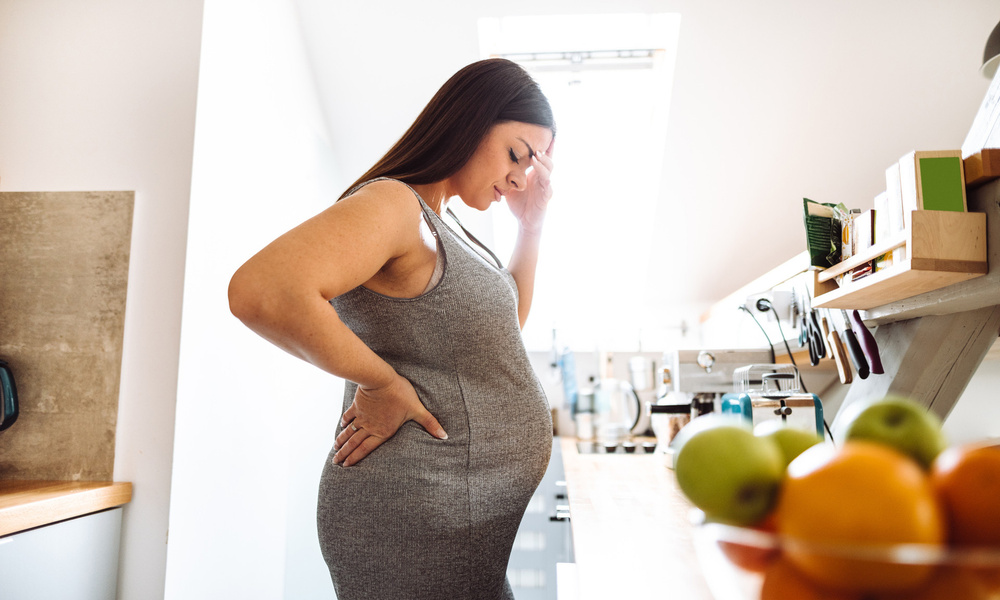 But there are some activities you should not do.
But there are some activities you should not do.
Read about activities that are best to avoid during pregnancy.
Monitor your baby’s movements
Feeling your baby move is a sign that they are well. You usually start to feel your baby moving when you’re between 18 and 24 weeks. If this is your first baby, you might not feel movements until after 20 weeks.
The movements can feel like a gentle swirling or fluttering. As your pregnancy progresses, you may feel kicks and jerky movements.
Get to know your baby’s pattern of movements and contact your midwife or maternity unit immediately if you think these have slowed down, stopped or changed. You should feel your baby move right up to and during labour.
Find out more about monitoring your baby’s movements.
Go to sleep on your side in the third trimester
Our advice is to go sleep on your side in the third trimester because research has shown that this is safer for your baby. This includes night sleep and daytime naps. If you wake up on your back, try not to worry, just settle back to sleep on your side.
If you wake up on your back, try not to worry, just settle back to sleep on your side.
Find out more about sleeping on your side in the third trimester.
Take care of your mental health
Your mental health is just as important as your physical health during pregnancy. Being pregnant is an emotional experience and it can be normal to experience mood swings or feel low from time to time. However, it’s important that you ask for help if these feelings become unmanageable or last longer than a couple of weeks.
You won’t be judged for how you feel. As many as 1 in 5 women develop mental health issues when they are pregnant and up to a year after birth. Your pregnancy care team understand that mental health conditions can affect anyone at any time.
Find out more about taking care of your mental wellbeing during pregnancy.
Consider having vaccinations that are offered
You’ll be offered vaccinations during pregnancy.
The whooping cough vaccine
Whooping cough (pertussis) is a respiratory infection that develops into severe coughing fits.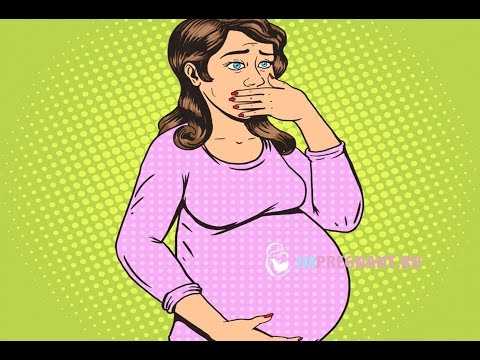 This illness can be very severe, especially in very young babies. Pregnant people are recommended to have the vaccine to protect their baby until they are old enough to have their first vaccinations.
This illness can be very severe, especially in very young babies. Pregnant people are recommended to have the vaccine to protect their baby until they are old enough to have their first vaccinations.
The best time to get vaccinated to protect your baby is from week 16 up to 32 weeks of pregnancy. But you can have the vaccine anytime from 16 weeks right up until labour. However, it may be less effective if you have it after 38 weeks.
There are no recommendations in the UK for your partner to have this vaccine.
The flu vaccine (between September and February)
All pregnant people are recommended to have the flu vaccine, whatever stage of pregnancy you are at. This is because having the flu in pregnancy can cause complications, particularly in the later stages of pregnancy.
Read more about having these vaccinations in pregnancy.
Covid-19 vaccine
Pregnant people are recommended to have their COVID-19 vaccination as soon as possible. Find out more about the COVID-19 vaccine in pregnancy and breastfeeding.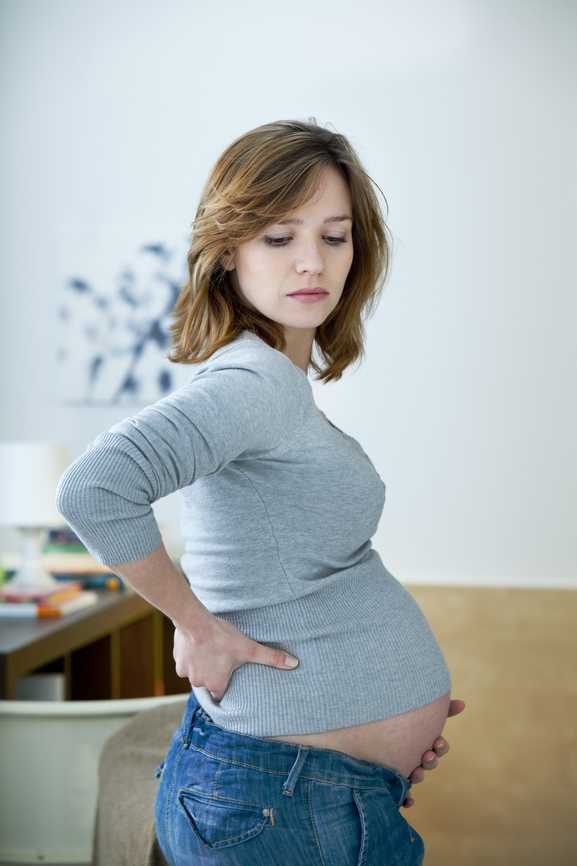
Carry your pregnancy notes with you
It’s a good idea to carry your antenatal notes everywhere you go as they contain all your medical and pregnancy history. This is particularly important if you need to go to the maternity unit, especially at short notice.
Make sure you’re prepared if you travel abroad
If you’re flying abroad make sure your travel insurance covers you for any pregnancy complications and take your maternity notes with you.
Long-distance travel (more than 4 hours) may increase the risk of deep vein thrombosis (DVT) or blood clots. Try to:
- wear compression or support stockings (available from the pharmacy or the airport), which will help reduce leg swelling
- drink plenty of water
- move around often.
If you intend to fly after 28 weeks check the airline’s policy. They may ask for a letter from your doctor or midwife confirming your due date, and that you aren't at risk of complications. Find out more about flying in pregnancy.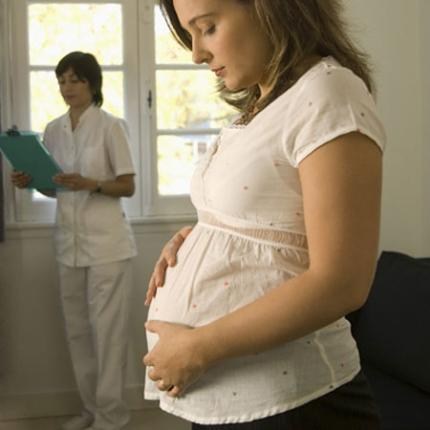
Be aware of red-flag symptoms
There are some symptoms that should always be checked with a midwife or doctor as they could be a sign that the baby is unwell. This include:
- bleeding from the vagina
- painful urination
- sudden, sharp or continuing abdominal pain or cramps
- persistent or severe headache
- swelling in face, hands or legs
- blurred vision, spots in front of eyes
- itching, especially on hands or feet
- baby’s movements slowing down or changing
- excessive or smelly vaginal discharge or if you think your waters have broken.
You should always contact your midwife if you feel that something is wrong with you or the baby. Even if you don't know exactly what it is. It's important to trust your instincts in pregnancy.
Things to avoid during your pregnancy
Try not to ‘eat for two’
Your baby will take all they need from you as they grow, so there’s no need for extra calories in the first or second trimester. In the third trimester, you might need an extra 200 calories if you are active. This is the equivalent to around half a sandwich.
In the third trimester, you might need an extra 200 calories if you are active. This is the equivalent to around half a sandwich.
Find out more about how much to eat in pregnancy.
Avoid losing weight during pregnancy
Cutting out food groups to try to lose weight may stop your baby getting nutrients they need for growth. Instead of restricting your diet, the best thing to do is manage your weight through eating a healthy, balanced diet, with a variety of foods from each of the main food groups.
Find out more about managing your weight during pregnancy.
Avoid certain foods during pregnancy
Some foods carry a small risk of infections during pregnancy, such as toxoplasmosis or listeriosis. These infections are rare but can cause problems for your developing baby.
Take a look at our list of foods to avoid during pregnancy.
You may also find it useful to read more about how to avoid infections during pregnancy.
Avoid caffeine
High levels have been linked to pregnancy complications, so it is best to limit your caffeine intake as much as possible.
The current NHS guidelines recommend that you should have less than 200mg a day. This is about 2 cups of instant coffee.
Find out your daily caffeine intake with our caffeine calculator.
If you smoke, try to quit
If you smoke, quitting is one of the best things you can do for you and your baby.
Smoking during pregnancy increases the risk of serious complications in pregnancy, including miscarriage, stillbirth and premature birth.
Quitting smoking can be difficult, but it’s never too late to stop. Get support to quit smoking.
Avoid drinking alcohol
Drinking in pregnancy can lead to long-term harm to the baby. The more you drink, the greater the risk. There is no known safe level for drinking alcohol during pregnancy, so it’s best to avoid it completely during pregnancy.
Find out more about drinking alcohol during pregnancy.
Stay away from recreational drugs
Cocaine, meta-amphetamines, cannabis, psychoactive substances (so called ‘legal highs’) are all likely to increase risks of health problems.
If you are taking illegal drugs, it is important to talk to your midwife or doctor. They will not judge you and can give you the right care and support during your pregnancy. The more they know, the more they can help you and your baby to get the right treatment.
You can also get confidential (they will not speak to anyone else about your drug-use) extra support from Talk to Frank.
First trimester weeks, symptoms, and pregnancy checklist
A lot happens in the first trimester – the first 13 weeks of pregnancy. Most importantly, you find out that you're pregnant! You'll be choosing a doctor or midwife to care for you during pregnancy and going to your first prenatal appointments. For many expecting moms, the first trimester is when pregnancy symptoms like fatigue, nausea, insomnia, and headaches are at their worst. Get help from your provider and use this first-trimester pregnancy checklist to stay organized, healthy, and informed.
What is the first trimester?
The first trimester is the first of three phases (or trimesters) of pregnancy. It's a critical stage in your pregnancy journey and your baby's development. While your baby bump may or may not be showing, a lot is happening for both you and your baby.
It's a critical stage in your pregnancy journey and your baby's development. While your baby bump may or may not be showing, a lot is happening for both you and your baby.
Your baby is growing rapidly – developing a brain and heart, forming facial features, and even growing tiny little feet, hands, fingernails, and toenails. In the first trimester, all of your baby's major organs and systems form. Because of this, your baby is the most vulnerable now to harm from alcohol, drugs, tobacco, some medications, and toxic substances. For more on your baby's development, see our images of fetal development by week.
At the same time, your body is changing and flooding with the pregnancy hormones hCG, estrogen, and progesterone. Hormonal changes may bring on unpleasant symptoms that are common during the first trimester, like nausea, vomiting, headaches, and extreme tiredness. Home remedies may help a bit, but if your symptoms are unbearable, let your provider know.
You'll choose a doctor or midwife to care for you and your baby, and you'll make several trips to see your provider. Each prenatal visit during the first trimester involves a similar routine: your provider will check your weight and blood pressure; answer your questions; order tests; take a urine sample; and either listen to your baby's heartbeat or see it on an ultrasound.
Each prenatal visit during the first trimester involves a similar routine: your provider will check your weight and blood pressure; answer your questions; order tests; take a urine sample; and either listen to your baby's heartbeat or see it on an ultrasound.
How long is the first trimester?
The first trimester begins at conception and lasts for 13 weeks, or three months. Month one spans from week one to week four of pregnancy; month two begins at week five and lasts until week eight; and the third and final month of the first trimester spans week nine through 13.
A funny thing about the first trimester is that you'll be a third of the way in before you even know you're pregnant. Because of the way pregnancy weeks are counted, conception happens when you're 2 weeks pregnant. By the time you take a home pregnancy test, you may be 4 or 5 weeks pregnant.
If you're not sure, visit our Pregnancy Due Date Calculator to check how many weeks pregnant you are.
First trimester symptoms
While some women have no pregnancy symptoms or mild symptoms during the first trimester, most experience some or all of the symptoms below.
Spotting and bleeding during the first trimester
You may notice spots of blood or light bleeding during the first few days or weeks of pregnancy. This is common, but it's a good idea to tell your provider so they can check that everything's okay.
Diarrhea in the first trimester
Loose or watery stools may arise during early pregnancy. They're usually not concerning, but persistent diarrhea can leave you dehydrated.
Headache in the first trimester
Hormonal changes may be responsible for first-trimester pregnancy headaches. They can also be brought on by stress, congestion, allergies, lack of sleep, or dehydration.
Cramping during the first trimester
You may not have expected cramping during pregnancy – just when you thought cramps were over! The usual culprit in early pregnancy is implantation, when the fertilized egg attaches to the uterus. Also, your uterus is expanding and adjusting to being pregnant, which can cause cramping early in pregnancy.
Back pain in the first trimester
Back pain tends to show up more in the second and third trimesters, but it's not uncommon to feel it during the first trimester.
First-trimester bloating
Burping and passing gas a lot more than usual? Gas and bloating is common during pregnancy because progesterone relaxes muscles throughout your body, including your digestive tract. This hormone slows the progress of food through your gut, giving healthy gut bacteria more time to produce gas from any given meal.
First-trimester insomnia
Some women have trouble falling asleep or wake frequently at night. Insomnia can start in early pregnancy and last until delivery, but a few adjustments can help you get better sleep.
First-trimester fatigue
You may be more exhausted than you ever imagined you could be. In early pregnancy, extreme fatigue is likely due to a dramatic rise in progesterone. Find out more about pregnancy fatigue, and learn the basics of good sleep during pregnancy.
Morning sickness
Unfortunately, "morning sickness" can last all day – and it strikes about three-quarters of pregnant women during the first trimester. If you have a mild case, some relatively simple measures can help. But if you're still suffering, talk with your provider about safe medications for morning sickness.
Discharge in the first trimester
You may notice an increase in vaginal discharge during the first trimester due to an increase in estrogen. It's usually harmless, but talk to your provider if you have pain, itching, or discharge that smells bad or looks unusual.
Sore breasts in the first trimester
Breast changes, including tender breasts and sore nipples, are usually one of the first signs of pregnancy. Thankfully, your breast will likely feel less sore by the end of the first trimester.
Constipation in the first trimester
Because progesterone slows movement in the digestive tract, things can get a little backed up. This can lead to constipation – try these tips to prevent and ease it.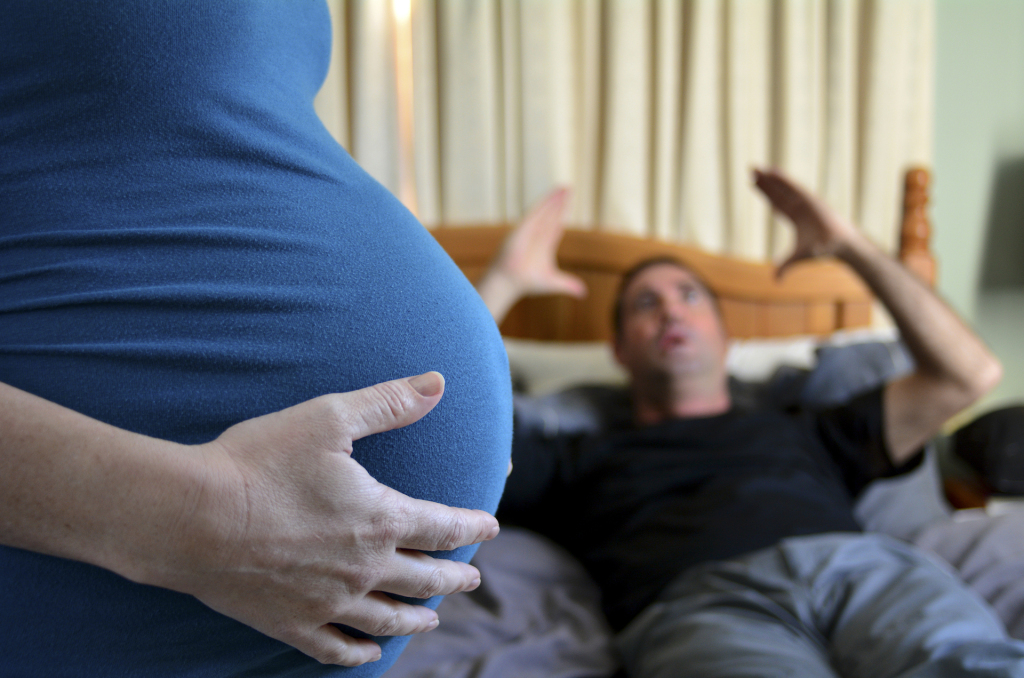
Shortness of breath in the first trimester
During pregnancy, you need more oxygen – and this can lead to feeling out of breath. In the first trimester, shortness of breath may appear as a heightened awareness of the need to breathe.
So many aches, pains, and strange feelings arise during pregnancy that it can be hard to decide what's normal and what's not. To complicate matters further, some symptoms may be more or less problematic depending on your particular situation or health history and on how far along you are in your pregnancy. But if you have any of these pregnancy symptoms, call your doctor or midwife immediately.
Weight gain in the first trimester
Gaining weight is a sign of a healthy pregnancy. Experts say it's normal to gain between one and five pounds in the first three months of pregnancy – though some women may gain more or less, or even lose weight during the first trimester due to morning sickness or other reasons.
Your provider will monitor your pregnancy weight to make sure you're in a healthy range and gaining at an appropriate pace. You can also use our Pregnancy Weight Gain Calculator to stay on track.
You can also use our Pregnancy Weight Gain Calculator to stay on track.
Don't worry if you can't eat a well-rounded diet in your first trimester – nausea and food aversions can make this feel impossible. Just do the best you can. Many women feel better eating small, frequent, carbohydrate-heavy snacks.
When you're able, make your pantry, fridge, and freezer pregnancy-friendly by filling them with healthy eats like nuts, fresh and dried fruit, multigrain pasta, and yogurt. Get a shopping list of healthy pregnancy foods.
During pregnancy it's especially important to avoid foods that could contain bacteria, parasites, or toxins – including undercooked meat, unpasteurized soft cheeses, anything that contains raw eggs, sushi made with raw fish, raw oysters, and fish that's high in mercury. Find out more about foods to avoid during pregnancy.
Sex during the first trimester
In your first trimester, you may feel too tired, moody, or nauseated to make love. But if you're feeling amorous (and you don't have any complications that may make sex dangerous), go ahead – you won't hurt the baby. The amniotic sac and the strong muscles of the uterus protect your baby, and the thick mucus plug that seals the cervix helps guard against infection.
The amniotic sac and the strong muscles of the uterus protect your baby, and the thick mucus plug that seals the cervix helps guard against infection.
Find out more about having sex during pregnancy.
First trimester pregnancy checklist
Use this list to keep track of all your first-trimester tasks, from making your first prenatal appointment to taking belly photos.
Take a prenatal vitamin
If you haven't started taking a prenatal vitamin yet, now's the time to start. It's particularly critical to get enough folic acid while trying to conceive and during your first trimester. Folic acid greatly reduces your baby's risk of developing neural tube birth defects such as spina bifida.
Investigate health insurance
Make sure you know what your health insurance plan covers as far as your prenatal care and delivery costs, as well as care for your new baby. Get answers to these questions by calling your health insurance company or talking to your company's benefits department. Or, find out what to do if you're pregnant and don't have health insurance.
Or, find out what to do if you're pregnant and don't have health insurance.
Choose a doctor or midwife
If you already have a doctor or midwife you love, you're set. If not, you've got some homework to do. Talk to friends and relatives, ask one of your other providers to recommend someone, check out the preferred providers under your health insurance plan, or search online. Find out more about what to consider when choosing a doctor or midwife.
Make a prenatal appointment
To prepare for your first prenatal visit, jot down the first day of your last period and start making a list of any questions that arise. Talk to relatives on both sides about your families' medical histories. Your provider will want to know whether any chronic conditions or genetic abnormalities run in either of your families.
Get ready to see or hear your baby
At a prenatal visit around 9 to 12 weeks, you may get to hear your baby's heartbeat with the help of a Doppler fetal monitor. Many women say it sounds like galloping horses.
Many women say it sounds like galloping horses.
Some women have an ultrasound in the first trimester (though you may have to wait until between 16 and 20 weeks). If you do get to see your baby in the first trimester, don't be surprised if they look like a gummy bear or lima bean with a tiny, flickering heart.
Check your medications
Many medicines aren't safe during pregnancy – even some over-the-counter ones. If you take any medications, don't stop cold turkey. But do call your provider to find out if your medications are pregnancy-safe. Mention everything, even vitamins, supplements, and herbs.
Quit unsafe habits
Smoking during pregnancy, drinking alcohol, and using drugs like opioids and marijuana isn't safe for you or your baby during pregnancy. Talk to your provider and ask for help quitting if you need it. Also, some activities, jobs, and hobbies can be hazardous to you and your developing baby. Talk to your provider about what your daily routine involves, so you can come up with ways to avoid or eliminate hazards in your home and workplace.
Cut down on caffeine
It's a good idea to cut back on caffeine during pregnancy as much as you can, because it could affect your baby. Experts advise expectant moms to limit their caffeine during pregnancy to less than 200 mg per day (that's about one 11-ounce cup of coffee).
Consider your options for prenatal testing
During your first trimester, your provider will offer you various prenatal tests to check on the well-being of you and your growing baby. Some are routine and recommended for everyone, while others are left to your discretion. Genetic screening tests can give you information about your baby's risk for Down syndrome as well as other chromosomal problems and birth defects. NIPT (noninvasive prenatal testing) is available beginning at 10 weeks of pregnancy, and the nuchal translucency test (NT scan) can be done between 11 and 14 weeks.
Think about when and how you'll announce your pregnancy
Some expecting parents spill the beans to friends, family, and co-workers right away.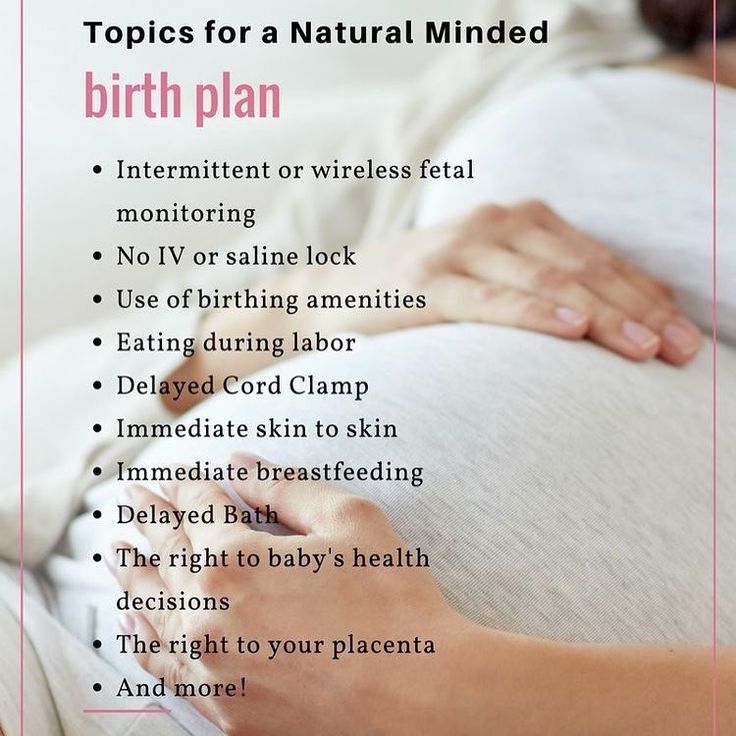 Others wait to announce pregnancy until they're in their second trimester, when their pregnancy is well established and the risk of miscarriage has declined significantly.
Others wait to announce pregnancy until they're in their second trimester, when their pregnancy is well established and the risk of miscarriage has declined significantly.
Start taking belly photos
Have someone take a picture of you every week, or take your own picture using your reflection in a mirror. It's a great way to see your progress, and you'll love having the keepsake. Tips for a great shot: Consider wearing the same outfit, standing in the same spot, and striking the same pose (profiles work best) for each photo. For inspiration, check out our pregnant bellies photo gallery.
Follow your baby's development
Sign up for BabyCenter's free email newsletters and each week you'll learn exactly what's going on with both your pregnancy and your baby.
Join your Birth Club
Nobody understands what you're going through as well as other expecting moms in the same stage of pregnancy. Connect with women due the same month as you in your BabyCenter Birth Club.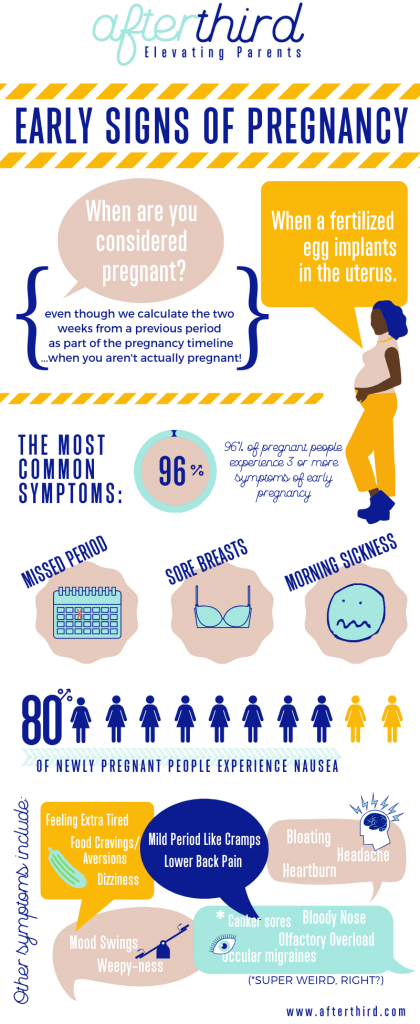
Learn more:
- I'm pregnant: What do I do now?
- Pregnancy sneak peek: An overview of the next 9 months
- Second trimester guide and pregnancy checklist
- Third trimester guide and pregnancy checklist
advertisement | page continues below
Important to know - St. Petersburg citizen's health
A woman who plans to become a mother should review her lifestyle at least three months before pregnancy. First of all, you should start taking folic acid at 4-8 milligrams daily. This nutrient, from the point of view of evidence-based medicine, is an excellent prevention of malformations in the fetus, in particular, chromosomal pathology. Moreover, both spouses need to take folic acid. And after the woman became pregnant, the drug should be continued for another 12 weeks. This is the critical period when the unborn baby may develop malformations, which, if possible, must be prevented.
Down with bad habits!
Smoking and alcohol are prohibited for pregnant women.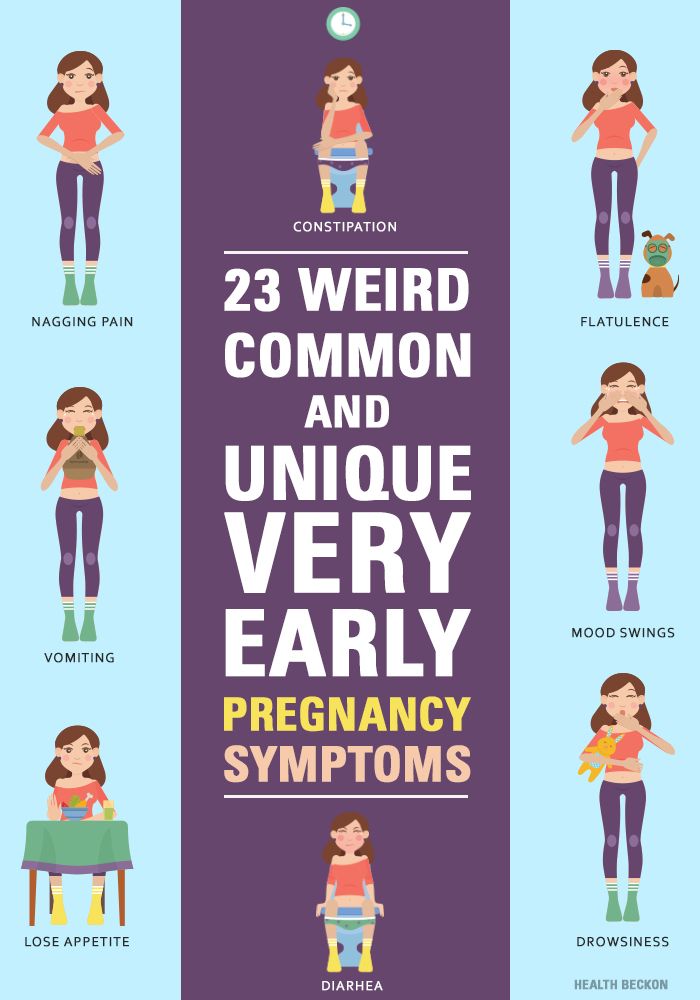 They need to be forgotten. And if you swear to yourself that you will smoke just one cigarette and drink only a stack, know that even small doses are very harmful, especially in the first trimester, and can provoke an abortion.
They need to be forgotten. And if you swear to yourself that you will smoke just one cigarette and drink only a stack, know that even small doses are very harmful, especially in the first trimester, and can provoke an abortion.
Limit "communication" with gadgets.
Our everyday life is impossible without computers and tablets, especially for those whose work is directly related to gadgets. However, they all have electromagnetic radiation, which must be limited to pregnant women in the early stages. The fact is that electromagnetic waves also lead to malformations in the fetus.
Be careful with medicines.
If a pregnant woman has a chronic disease and she has to constantly take medications, it is advisable to switch to more gentle drugs that will not lead to malformations in the fetus. In the first 12 weeks of pregnancy, any medication should be used with extreme caution. It is during this period that the "laying" of all the organs of the child occurs. It is impossible to know for sure which medicine and how it will affect his health.
No stress!
Stress is an incredibly dangerous thing for a future mother. They must be avoided at all costs. In extreme cases, if a woman is nervous, she can be prescribed valerian preparations to normalize her psycho-emotional state. Herbal medicine is not contraindicated either, but you should not abuse herbs, and the use of St. John's wort should be completely abandoned, as it can lead to abortion.
Do not overeat!
The diet of a pregnant woman should include protein foods, vitamins, dairy products, fish, lots of vegetables and fruits. It is important that the food is balanced in terms of calories. Many people experience different taste preferences during pregnancy. Someone wants herring, and someone is drawn to sweets or grapes. You don’t need to deny yourself what you want, but you can’t overeat either. If you constantly eat sweets and sweet fruits, you quickly gain weight, and if you lean on herring and pickles, there will be problems with the kidneys, swelling will appear.
When buying products, you need to make sure that they do not contain harmful additives (dyes, stabilizers, preservatives, and so on). All of them negatively affect the development of the fetus. As for coffee, there are no strict restrictions. The use of tea also does not bear any negative consequences. Everything is useful in reasonable quantities.
Do not breathe household chemicals!
Constant contact with household chemicals is very harmful, especially in the early stages. At risk are young and healthy women who work closely with these products. Often, their pregnancy has to be interrupted due to pathologies in the development of the fetus. It is categorically impossible to constantly breathe fumes from household chemicals - they can act toxic, corrode the lungs and even destroy brain cells. Another thing is if you need to clean the toilet bowl or sink once a week at home. The main thing is to try not to inhale the fumes and quickly leave the room after treatment. Better yet, not a pregnant woman, but members of her family would clean the toilets.
Do not wear uncomfortable clothing or footwear.
Wearing high heels is not recommended because they increase the load on the pelvic floor. Clothing should be as little as possible synthetics, hard elastic bands and belts. It is important to choose natural fabrics and loose fit so that the body is light and comfortable.
Physical activity.
Even when planning to become a mother, a woman should start strengthening the abdominal muscles, back and pelvic floor. Regular exposure to fresh air is very important throughout pregnancy. As well as the knee-elbow position for 20 minutes a day. It is necessary to exclude heavy lifting, sharp turns and landings.
In the first trimester, the loads should be gentle - exercises, walks. In the second trimester, you can start more intense workouts. Exercises are added that will increase the strength and endurance of all muscle groups, as well as the mobility of the hip joints. In the third trimester, special attention is paid to various breathing exercises. In the early postpartum period, a woman needs rest and peace.
In the third trimester, special attention is paid to various breathing exercises. In the early postpartum period, a woman needs rest and peace.
Contraindications for early and 2nd and 3rd trimester pregnancy
Foreword
Pregnancy is a wonderful time, but also a responsible one. The course of pregnancy and the health of the unborn child depend on the behavior of the expectant mother.
Lifestyle changes during pregnancy, of course. Today we will talk about contraindications during pregnancy, about those prohibitions that her condition imposes on a woman.
It is known that the entire period of pregnancy is divided into three trimesters. And in each of them there are different contraindications during pregnancy.
Contraindications in the first trimester of pregnancy
The first trimester of pregnancy is the most important period of the entire pregnancy, because at this time all the main systems of the new organism are formed.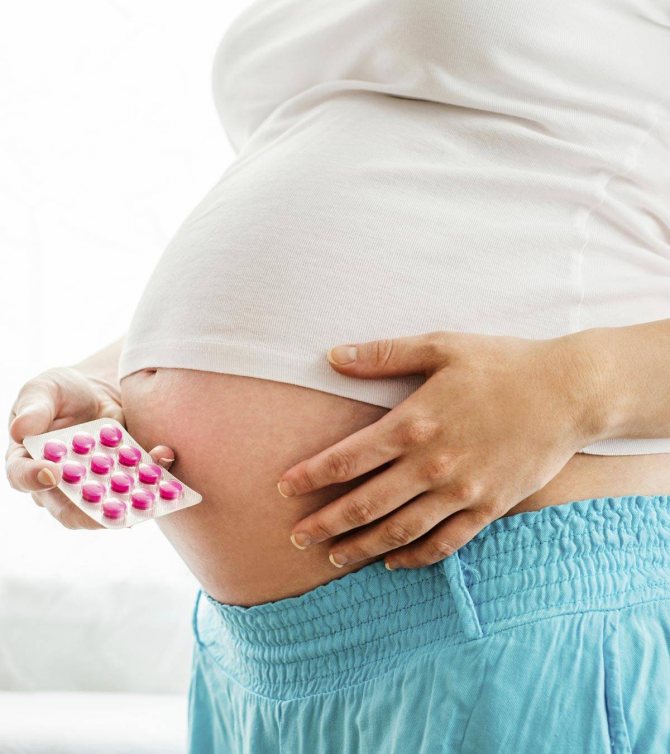 Therefore, in the first trimester of pregnancy, the list of restrictions is the most voluminous.
Therefore, in the first trimester of pregnancy, the list of restrictions is the most voluminous.
In order for a child to be healthy and develop properly, he must be provided with high-quality building materials and nullify all adverse factors that may affect the development of the body.
What should not be done in the first trimester of pregnancy?
- First of all, it is necessary to give up such a bad habit as smoking. If you smoked before pregnancy, then it is necessary to leave cigarettes immediately! Smoking has an extremely negative effect on intrauterine development and leads to the formation of pathologies of varying severity. Passive smoking should also be avoided. It is unacceptable to be in the same room with a smoker. Very often, a woman's body takes care of itself - when pregnancy occurs, she begins to experience a strong aversion to the smell of cigarette smoke.
- Alcohol is the second enemy of the normal course of pregnancy.
 The influence of alcohol is especially harmful in the early stages, when the main systems of the body are being formed.
The influence of alcohol is especially harmful in the early stages, when the main systems of the body are being formed. - Crowded places should be avoided as there is a risk of infection in crowded places. Infectious diseases have an extremely negative effect on pregnancy, especially since the list of medicines that can be used during this period is extremely small.
- The same applies to colds, which, among other things, can lead to serious complications due to the weakness of the body. Therefore, it is advisable not to overcool, not to be in a draft, not to wet your feet.
- Fluorography and other x-rays should not be done except for vital indications. X-ray radiation has an extremely negative effect on the development of the child and can lead to developmental pathology.
- Before taking medicines during pregnancy, you should read the package leaflet very carefully and consult your doctor. Many medicines are contraindicated during pregnancy, and it is strictly forbidden to take them.
 These drugs include many antibiotics, tranquilizers, painkillers, narcotic drugs, and some others.
These drugs include many antibiotics, tranquilizers, painkillers, narcotic drugs, and some others. - Stress is also a contraindication during pregnancy. Excessive nervous tension and negative emotions have an extremely negative effect on the development of the child. With stressful loads, hormonal collection often occurs, which negatively affects the development of pregnancy.
- A very important contraindication during pregnancy is weight lifting. You can not heavily load the muscles of the abdomen and pelvis. Exhausting physical exercises should be abandoned. And, of course, to exclude various extreme sports, giving preference to more relaxed activities: swimming, walking, simple yoga exercises, physical therapy and breathing exercises.
- Diet during pregnancy should be taken very seriously. Dyes, chemical flavoring additives in food are contraindicated.
- As for products of animal origin, they require complete heat treatment before consumption. It is forbidden to eat half-cooked food, as dangerous parasites and bacteria that cause serious illness can be present in uncooked foods.

- If you have pets at home, especially cats, entrust the care of the cat to someone from the household. Cat feces can contain pathogens of toxoplasmosis, a dangerous disease that negatively affects the development of the child.
Pregnancy contraindications - controversial issues
Some of the restrictions during the first trimester of pregnancy are controversial today. Let's focus on the most important points.
- Sex life
During sexual intercourse, there is an active contraction of the muscles of the uterus and small pelvis, so it is advisable to abstain from sex in the first trimester of pregnancy. This is especially true with the threat of miscarriage. However, even if your pregnancy is going well, sexual contact can cause complications because the fetus may be displaced or disturbed.
Over time, the embryo becomes more protected, so after the first trimester of pregnancy, if you feel good, there are no restrictions on your sex life.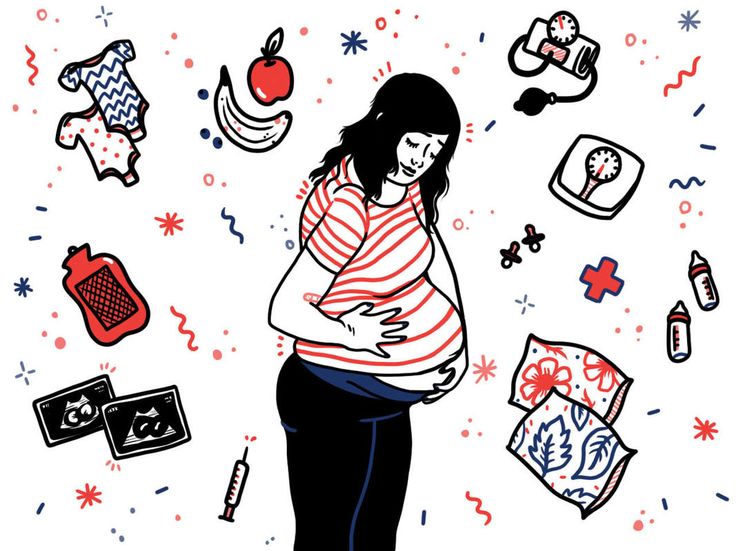
- Cosmetics
During the first trimester of pregnancy, you must continue to take care of your body. However, it is recommended not to use cosmetics with fragrances and strong odors. Currently, many hypoallergenic personal care products are being produced, you can also use children's cosmetics.
It is good to use natural remedies: vegetable and fruit masks, such as a cucumber or strawberry mask, as well as honey and olive oil. In specialized stores there is a large selection of cosmetics for expectant mothers.
Hair coloring is not a contraindication during pregnancy. However, it is not recommended to dye your hair with any paint. The chemical elements that make up the paint negatively affect the condition of the hair. Therefore, if you decide to dye your hair, especially in the first trimester of pregnancy, give preference to expensive proven dyes. And it is best to use natural substances: henna or basma.
- Physical activity
Heavy physical activity is contraindicated during the first trimester of pregnancy. Serious stress on the body should be avoided, so if you were involved in extreme or power sports before pregnancy, change activities. It is possible and necessary to engage in physical education during the first trimester, but change your occupation, give preference to swimming, yoga, physiotherapy exercises, and walks in the fresh air.
Serious stress on the body should be avoided, so if you were involved in extreme or power sports before pregnancy, change activities. It is possible and necessary to engage in physical education during the first trimester, but change your occupation, give preference to swimming, yoga, physiotherapy exercises, and walks in the fresh air.
There are special complexes of therapeutic and breathing exercises for pregnant women.
- Tanning and solarium
Ultraviolet light is necessary for normal health and functioning of all body systems. Therefore, sunbathing is not forbidden. Of course, it is best to do it on the beach. It is only necessary to remember that it is necessary to be in the sun in the morning and evening hours, before 11 am and after 4 pm, since in the daytime the sun is very active and can harm the body.
Also remember to protect yourself from sunburn and use sunscreen. Sunbathing should not be prolonged, and at the slightest sign of indisposition, they should be stopped. It is best that exposure to sunlight on the body occurs in partial shade.
It is best that exposure to sunlight on the body occurs in partial shade.
Is a solarium contraindicated in the first trimester of pregnancy? Here the opinions of experts differ. However, if there are no complications of pregnancy and strict contraindications, then you can visit the solarium, observing the precautionary measures: the stomach must be covered with a cloth, and you should also carefully monitor your well-being, and at the slightest sign of malaise, stop the procedure.
- Travel
Traveling long distances is recommended to be postponed. The fact is that vibrations in the train and on the plane lead to tension in the muscles of the back and abdomen, and can provoke an increased tone of the uterus. In addition, when traveling by plane, the body experiences stress caused by pressure differences.
However, if the pregnancy is normal, the woman is in good physical shape, flying and train travel are not contraindicated. You just need to follow some precautions: drink plenty of water during the flight, wear loose clothing, and walk around the cabin several times during the flight. As for the train, here one should not save on amenities, it is not advisable to travel in a reserved seat, and even more so in a common carriage, a place, of course, should be chosen on the lower shelf.
As for the train, here one should not save on amenities, it is not advisable to travel in a reserved seat, and even more so in a common carriage, a place, of course, should be chosen on the lower shelf.
Trips bring a lot of positive emotions, so if there are no serious contraindications, consult a doctor and feel free to hit the road!
- Power supply
Fast food and foods that cause allergic reactions should be excluded from your diet. But if you really want to eat a hamburger, then you can sometimes afford it. Just don't get carried away!
In the first trimester of pregnancy, many women experience morning sickness. Therefore, fatty and heavy foods become a contraindication in the first trimester of pregnancy.
- Coffee and cocoa
Coffee excites the nervous system and affects the heart. Therefore, coffee is a contraindication during pregnancy if you have problems with the heart or blood vessels. At the same time, in moderation, coffee is useful for maintaining tone and uplifting mood. Also, coffee is recommended at reduced pressure. But everything should be done in moderation.
Also, coffee is recommended at reduced pressure. But everything should be done in moderation.
Cocoa is a very useful product, it contains many vitamins and microelements. At the same time, cocoa also has negative properties: cocoa washes calcium out of the body and prevents its absorption. Cocoa also provokes the appearance of uterine tone, which is very dangerous especially in the first trimester of pregnancy. Cocoa is high in calories, so it contributes to weight gain, which is highly undesirable. Based on the foregoing, the use of cocoa is rather a contraindication during pregnancy
Contraindications in the second trimester of pregnancy
The second trimester of pregnancy is the most pleasant time! Toxicosis and ailments associated with the first trimester of pregnancy are already behind, but the size of the fetus and abdomen is still small, so a pregnant woman can enjoy her excellent condition.
Contraindications during pregnancy become much less compared to the first trimester, and many of them are not so strict.
And yet, let's dwell on some of them.
What is forbidden in the second trimester of pregnancy?
- Power supply
Toxicosis of the first trimester of pregnancy has passed, and now the woman can return to her usual diet. However, in the second trimester there are a number of restrictions.
First of all, fatty heavy foods should be avoided. It is necessary to remove from the diet foods that can cause an allergic reaction, such as nuts, as well as foods with food additives and preservatives. Before you buy products, carefully study their composition on the label!
It is advisable to limit the intake of salty and smoked foods. Daily salt intake should also be reduced as salt retains fluid in the body, which can cause edema and is an additional burden on the kidneys, and increases blood pressure.
sushi, as there is a risk of infection with helminths. A healthy, balanced diet is the basis for your well-being and the health of your baby. The basis of a healthy diet in the second trimester of pregnancy is cereals, followed by dairy products, fruits and vegetables in second place, and fish and meat in third place. It is advisable to refuse semi-finished products during this period.
The basis of a healthy diet in the second trimester of pregnancy is cereals, followed by dairy products, fruits and vegetables in second place, and fish and meat in third place. It is advisable to refuse semi-finished products during this period.
- Vitamins and trace elements
Currently, an increasing number of experts are of the opinion that synthetic vitamins and trace elements do not bring any benefit to the body, since they are not absorbed. Of course, vitamin complexes are not a contraindication during pregnancy, but you should not rely on their miraculous power, preference should be given to natural products.
Eat more fresh fruits and vegetables and don't forget calcium-rich dairy products as your baby's skeleton begins to take shape during the second trimester.
- Skin, nails, hair
When it comes to caring for your body, contraindications and recommendations for pregnancy in the second trimester remain the same as in the first.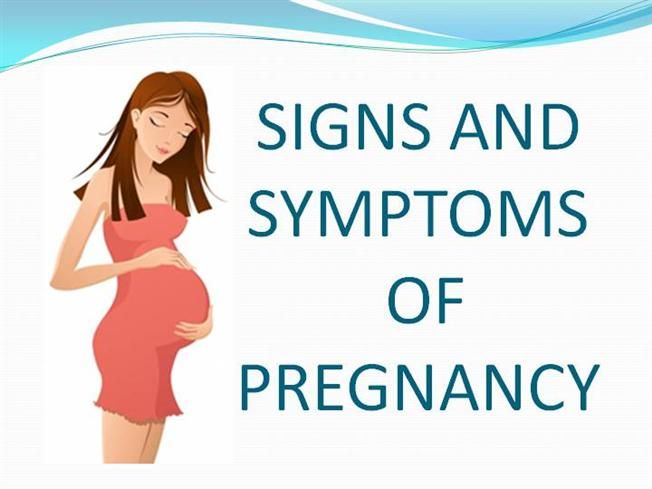 Get more rest and be outdoors, and from cosmetics (including hair dye), give preference to natural hypoallergenic products.
Get more rest and be outdoors, and from cosmetics (including hair dye), give preference to natural hypoallergenic products.
- Alcohol and smoking
The answer to this question is unequivocal: alcohol and cigarettes are absolutely contraindicated during pregnancy.
- Medicines
The list of drugs that are not a contraindication during pregnancy is significantly expanded in the second trimester. However, before you start taking any medication, carefully read the attached instructions and consult your doctor.
For colds and to improve immunity, it is good to use traditional medicine: tea with honey and lemon, raspberry jam, sea buckthorn berries.
Other illnesses often require medication. It is necessary to be treated during pregnancy, including taking medications. Just let your doctor know about your situation, and he will select you drugs that are not contraindicated during pregnancy.
- Sexual relations
Second trimester sex is not a contraindication if the pregnancy is uneventful.
Different women have different attitudes towards sex during pregnancy. For some, sexual relationships are a joy and pleasure. In this case, you can have sex, and it is useful. However, there are women who are psychologically unable to have sex while pregnant. Then it might be worth asking your partner to wait a little for the health of mom and baby.
Thus, sexual life in the second trimester of pregnancy is not contraindicated, it all depends on the well-being and psychological state of the expectant mother.
- Sports and fitness
Moderate exercise during the second trimester of pregnancy is very beneficial. Contraindication during pregnancy is only extreme sports and heavy power loads.
Continue to swim, do yoga, exercise therapy.
Outdoor walks are highly recommended.
However, potentially hazardous sports should be excluded. You should not ski or ride a bike, even if you feel well!
- Travel
The second trimester of pregnancy is the best time to travel! Just follow the recommendations of doctors during the trip and enjoy new experiences!
Choose a mode of transport where you can get up and stretch when necessary.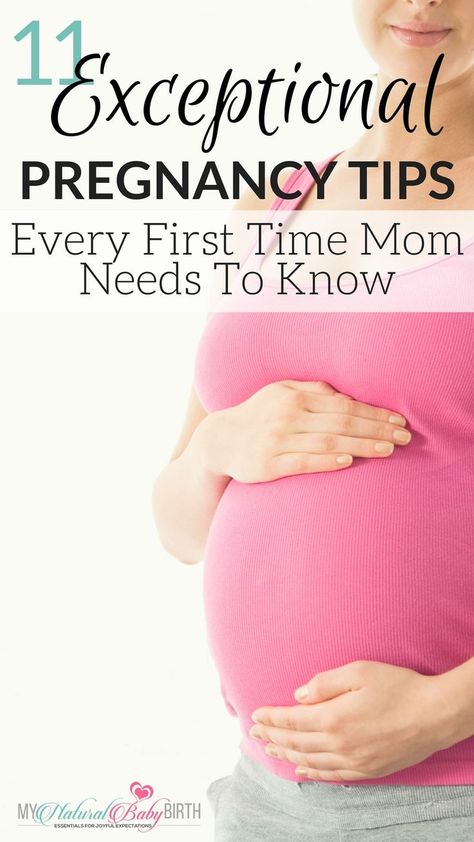
You can also travel to exotic countries if you take precautions.
Flight is not a contraindication during the second trimester of pregnancy. However, take care of yourself in flight: wear anti-varicose tights, loose clothing, drink plenty of fluids during the flight, fasten the seat belt under your stomach.
Contraindications in the third trimester of pregnancy
The third trimester is the most difficult period for a pregnant woman. The child is already large, and the size of the abdomen is a significant inconvenience. The body of the future mother is being rebuilt and preparing for the upcoming birth.
There are many more contraindications in pregnancy in the third trimester than in the second.
What not to do in the third trimester of pregnancy?
- Power
In the third trimester, a woman begins to experience various inconveniences associated with digestion, such as heaviness in the stomach, heartburn, constipation. Therefore, it is necessary to review the diet and diet during this crucial period.
Therefore, it is necessary to review the diet and diet during this crucial period.
One of the most important tasks during this period is to monitor your own weight. Excess weight is an additional burden on the body, which can lead to complications during pregnancy.
However, watching your own weight does not mean starving! Diets during pregnancy are strictly contraindicated!
Foods that are not nutritionally useful, but only lead to excess weight, should be excluded from the diet. Such products include cakes, pastries, pies, buns, sweets, cookies.
Preference should be given to dairy products, lean fish and meat, cereals, fruits and vegetables.
Eat a balanced, varied diet, in small portions.
Overeating is also a contraindication during pregnancy. You should not take part in feasts at this time.
- Drinking mode
As for drinks, some of them are contraindicated in the third trimester of pregnancy.
First of all, these are any drinks containing alcohol, as well as energy drinks, sweet carbonated water, especially Pepsi and Fanta, strong coffee and tea.
Preference should be given to drinks such as herbal teas, natural juices, fruit drinks and compotes with a low sugar content. It is also recommended to drink ordinary mineral and table water.
In terms of fluid intake, gynecologists currently do not limit fluid intake during the third trimester. If a woman has edema, then this is not due to fluid intake, but to a violation of the kidneys, which can lead to a severe complication, preeclampsia.
If edema occurs, you should immediately consult a doctor and take medical measures.
- Medicines
Some medicines are still contraindicated during pregnancy in the third trimester. However, the list of drugs, the use of which is possible, is expanding more and more.
Therefore, doctors often postpone the treatment of certain diseases until the third trimester, when a woman can undergo drug therapy without harming either her health or the health of her unborn baby.
The rule for taking medications in the third trimester remains the same for the entire duration of pregnancy: before taking this or that drug, carefully study the instructions and consult a specialist.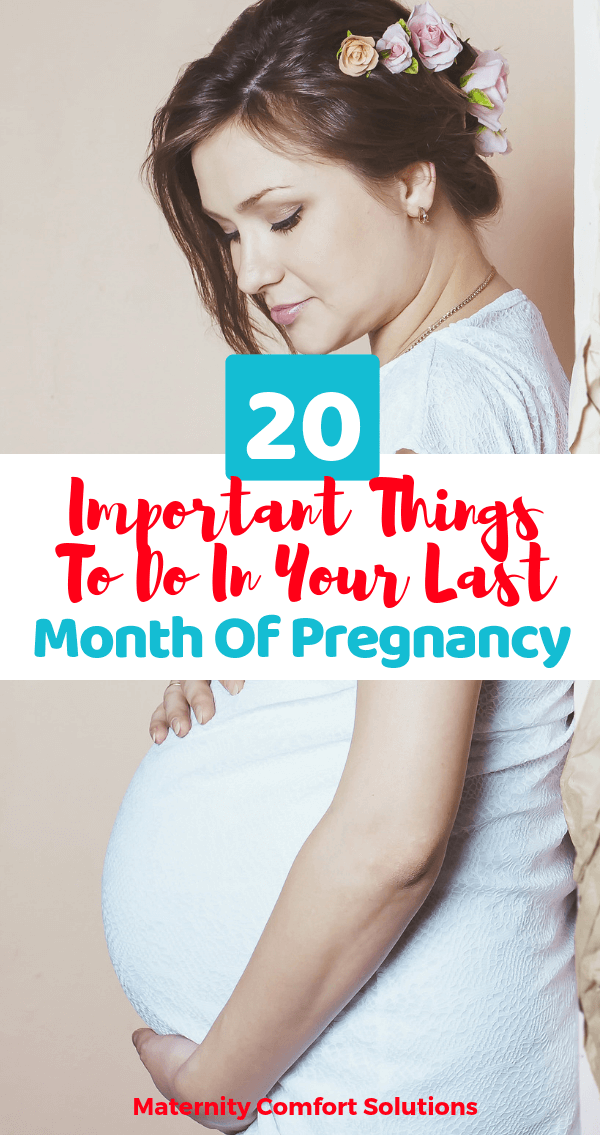
- Physical activity
The physical condition of a woman in the third trimester imposes many restrictions on physical activity.
Contraindications during pregnancy during this period are weight lifting, strength exercises, active and potentially traumatic sports.
The child grows, takes up more and more space in the woman's body, and it becomes more and more difficult for her to move. Shortness of breath appears, previously normal movements become difficult: bending or climbing stairs.
However, exercise during the third trimester of pregnancy is not a contraindication. On the contrary, walking, swimming, special exercises for pregnant women are useful.
You should rely on your own well-being. Physical education should please, improve mood and not cause severe fatigue.
- Sex life
Sex in the third trimester of pregnancy is not contraindicated. However, sex should be treated with caution, given that not all methods are appropriate at this time.




